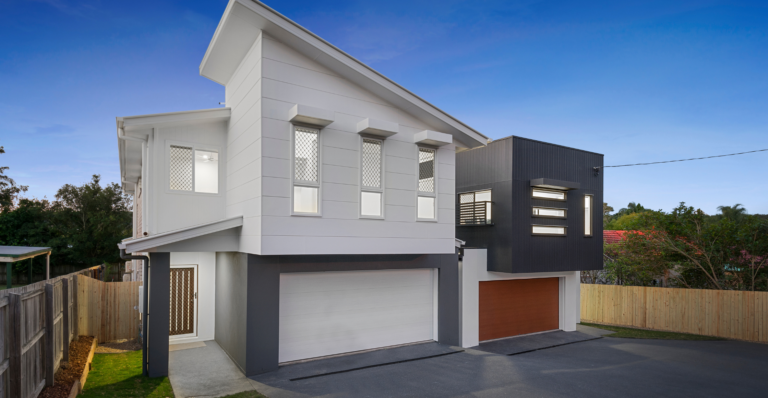A key facet that savvy investors and industry professionals pay close attention to is investment property depreciation. Investing extends far beyond mere property acquisition and passive appreciation; it’s the understanding and strategic utilisation of depreciation that often sets the most successful investors apart.
Types of Depreciation
Depreciation deductions are divided into two distinct categories: Capital Works (Division 43) and Plant and Equipment (Division 40).
Plant & Equipment Depreciation
Plant & Equipment depreciation pertains to the wear and tear of removable assets found within a property, such as appliances, carpets, and lighting fixtures. These items typically have shorter effective lives and can be depreciated at a faster rate, leading to more immediate tax benefits for property investors.
Capital Works Depreciation
Capital Works depreciation, on the other hand, concerns the structural elements of a property, including the building itself, walls, roofs, and structural extensions or renovations. This form of depreciation spans a more extended period, often up to 40 years for residential properties, and it allows property investors to claim deductions on these long-lasting components of their property investments.
Understanding both Plant & Equipment and Capital Works depreciation is vital for optimising tax benefits and overall returns on investment properties.
Calculating Depreciation
Calculating depreciation involves determining the property’s cost base, identifying depreciable assets, how long an item in your property will last before replacing or upgrading and calculating depreciation expenses.
Diminishing Value Method (Accelerated Depreciation)
Claim a higher percentage of the asset’s costs in the early years of its life and a lower percentage in the later years.
This method allows you to front-load the depreciation deductions, giving you more substantial tax benefits in the early years of property ownership. It is the most commonly used depreciation method in Australia.
Prime Cost Method (Straight-Line Depreciation)
The decrease in value of an asset over its effective life at a fixed rate each year.
This method evenly spreads the cost of your property over its useful life. While it may not provide as significant upfront deductions as the diminishing value method, it is still a valid option for some investors.
Seek advice from a property professional or Quantity Surveyor specialising in depreciation to ensure accurate calculations and maximise eligible deductions.
Tax Benefits of Investment Property Depreciation
Depreciation is a valuable tool for investors because it reduces taxable income. This reduction can translate into lower tax liabilities, freeing up more of your investment dollars for other purposes. Depreciation also allows you to defer capital gains taxes until you sell the property, giving you a significant advantage. This can boost cash flow, as the deductions reduce annual tax bills, leaving investors with more money in their pockets.
Invest with ALC
When investing in a brand-new property, depreciation benefits can be harnessed, not just on the building’s structure but also on highly depreciable assets contained within, such as flooring, appliances, window treatments, and more.
These assets, prone to quicker wear and tear than structural elements, make them particularly attractive for depreciation deductions.
ALC proudly offers the delivery of a Depreciation Schedule with each home that includes ALC Shield. If you’re wondering how much you can claim on a newly built investment property, request a Depreciation Guide today.
Interested in house and land packages for ALC’s new properties? Reach out to us today to get started.



